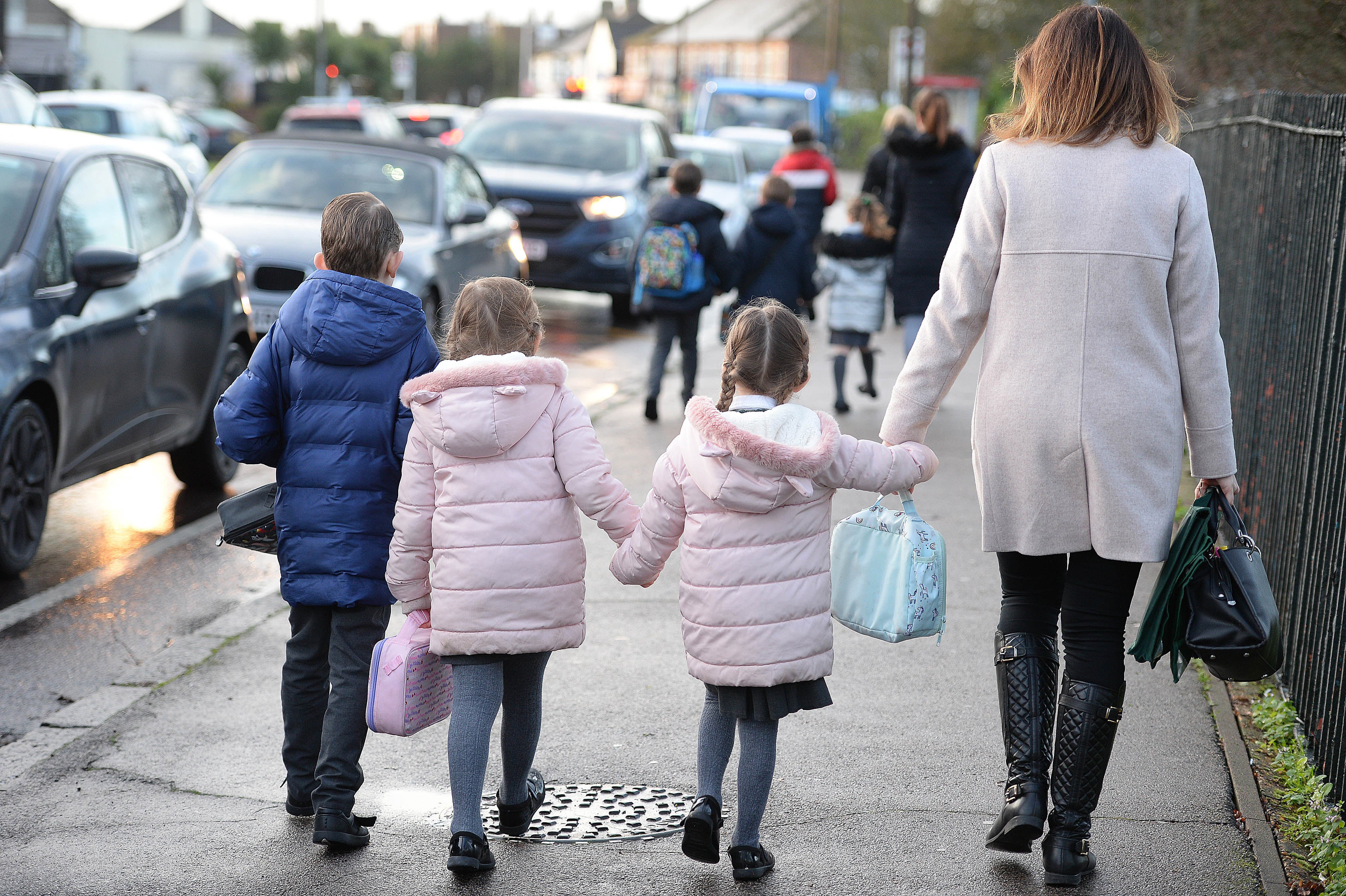By putting families at the centre of their policies, the government can make a huge difference
We tend to think about family in an emotional way, so the challenge of making interventions in this space can sometimes be dominated by feeling, writes Salma Shah


“Family is everything” was the most common theme in an open text question in the Independent Family Review, a report published today by the children’s commissioner, Rachel de Souza.
There will be many people who relate to this sentiment, especially after the pandemic when many of us were either deprived of family or managed to spend more time with them. The importance of the family unit has never been more felt.
But family does not always indicate a supportive and loving household, where children are safe and adults can be relied upon to be responsible. In recent times we have witnessed the most depraved acts of cruelty endured by innocent children, and have been exposed to the horror of the safe haven of the family being transformed into the source of danger. It shocks us because it goes against all our ingrained beliefs of the natural order: parents and carers should be protecting children from harm, not be the cause of it.
That’s precisely why today’s report is so critically important and should be regarded as a seminal piece of work that can inform policy around the family for years to come. Not only does it present a rich and detailed picture of family make-up in the country from quantifiable data, but it rightly places family at the heart of lifelong opportunity and underlines the value a healthy and happy family brings to many aspects of a child’s life. The “protective effect” of family remains largely unchanged and central to the wellbeing and development of children. Even though the compositions of families have been transformed over a relatively short space of time, the childhood experience still really matters.
“Family” can be a loaded term, perhaps conjuring an image that feels untrue in real life. Thankfully there are few people who now regard a traditional nuclear family as the only means of finding a supportive environment, and a recognition that family breakdown need not be attached to stigma. This family review certainly hasn’t shirked from looking at all families, including the attitudes of those who are in care and may not regard the family dynamic as positively as the rest of us.
To keep up to speed with all the latest opinions and comment, sign up to our free weekly Voices Dispatches newsletter by clicking here
It’s important for the government to recognise when it looks at the findings of this report that future policies can now be evidence-led. We tend to think about family in an emotional way, so the challenge of making interventions in this space can sometimes be dominated by feeling. The data picture of the family in Britain today will help direct resources and decide where the state can best make use of its increasingly limited cash. How much more should we put into perinatal care? What difference does an early years programme make to the educational outcomes of those less well off? These are relevant for all families who in one way or another will come into contact with government services.
Times are getting harder and more people will be reliant on those informal networks to cope with stress and, as a last resort, in emergencies. Some may consider it a dereliction of government responsibility to place emphasis on a family structure, but the kindness and closeness felt through the familial bond is something the state can never replicate – nor should it try to.
The government can – and must – consider how to strengthen the family, which is the most efficient way of providing a strong, emotional safety net for our young people. In a world where the news brings us ever sadder and frightening events, where the outlook is grim, there is reason for hope. The family review is the beginning of tackling some of the toughest challenges facing our most vulnerable; it is presenting a creative new direction and is offering a way forward. For that it should be wholeheartedly welcomed.



Join our commenting forum
Join thought-provoking conversations, follow other Independent readers and see their replies
Comments